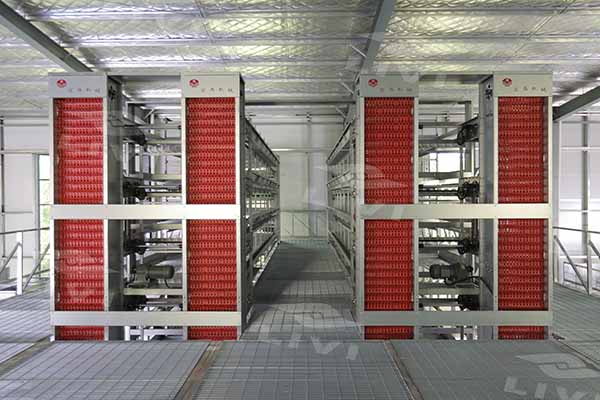
In the global push toward sustainable agriculture, egg producers are increasingly turning to technology-driven solutions that meet both environmental compliance and productivity goals. The automated manure removal system from Zhengzhou Livi Machinery—designed specifically for H-type layer cages—is emerging as a critical upgrade for farms targeting ISO 14001 certification and long-term operational efficiency.
The system integrates three core functions: centralized manure collection, dry-wet separation, and odor-free treatment. On average, it reduces labor costs by up to 40% compared to manual cleaning methods while improving hygiene conditions significantly. According to field data from farms in Vietnam and Nigeria, this automation leads to a 15–20% increase in egg production within six months due to better air quality and reduced stress on hens.
| Feature | Benefit |
|---|---|
| Dry-Wet Separation Unit | Reduces waste volume by 60%, enabling easier composting or biogas conversion |
| Ventilation Control with Temperature Sensors | Maintains optimal air quality (CO₂ < 1,500 ppm), boosting hen health and laying rate |
| ISO 14001 Compliance Framework | Supports farm accreditation through documented environmental management practices |
One client in Kenya reported achieving full compliance with local environmental regulations after installing the system, which allowed them to secure a contract with a major supermarket chain requiring certified green practices. Their feed conversion ratio improved from 2.1 to 1.9—a measurable gain in economic and ecological terms.
As international buyers demand traceable, eco-friendly products, farms must move beyond basic compliance. This system doesn’t just solve waste issues—it creates value. By converting manure into fertilizer or biogas, operators can generate additional revenue streams while reducing disposal costs by up to $800 per month per 10,000 birds.

The integration of smart ventilation controls ensures consistent temperatures between 18°C and 24°C year-round—even in tropical climates—which directly correlates with higher eggshell quality and fewer broken eggs during transport.
Farmers don't need to start from scratch. The system includes built-in logging tools that track emissions, energy use, and waste output—key inputs for ISO 14001 documentation. With proper training and support, most farms complete their initial audit within 3–4 months.
Ready to future-proof your poultry operation? Let us help you implement a system that meets global standards and delivers real ROI—not just compliance.

